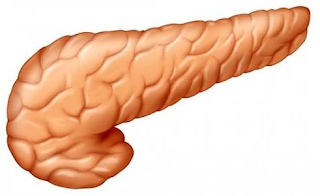In most pancreatic cancer patients, the diagnosis occurs when the disease is already advanced, and currently, there is no effective treatment. A group of researchers from the Spanish National Cancer Research Centre (CNIO) may have found a new therapeutic approach.
One of the characteristics of pancreatic cancer is that the tumour cells are embedded in the stroma, which represents 90 percent of the tumour mass and which seems to form a barrier (physical and chemical) hindering treatment with inhibitors, chemotherapy and immunotherapy.
Researchers focused their work on identifying a stromal cell population that fosters tumour growth, to later discover why they have this capacity and reverse it. The strategy to achieve the latter is innovative, because instead of eliminating these stromal cells which help the tumour, the objective has been their selective reprogramming. The researchers focused on a subpopulation of fibroblasts known to play a role in inflammation, because inflammation fosters tumour growth.
Their analysis revealed that the Saa3 gene is responsible for CAFs helping tumour cells to progress. When the researchers eliminated the expression of this gene in the CAFs, these cells behaved like normal fibroblasts, losing the ability to accelerate tumour cell progression. Researchers had managed to “reprogramme” these cells, which had been stripped of their pro-tumour properties.
In human samples of pancreatic cancer, the researchers have identified the same population of pro- tumour fibroblasts, and have observed that when the SAA1 gene (the human version of Saa3) is overexpressed, the prognosis for the patients is far worse.
haleplushearty.blogspot.com


